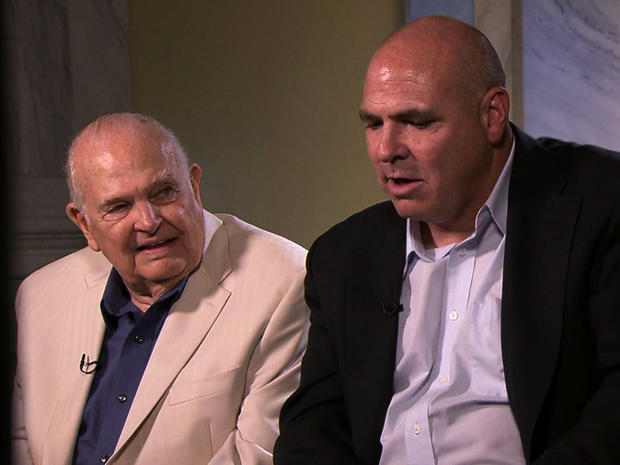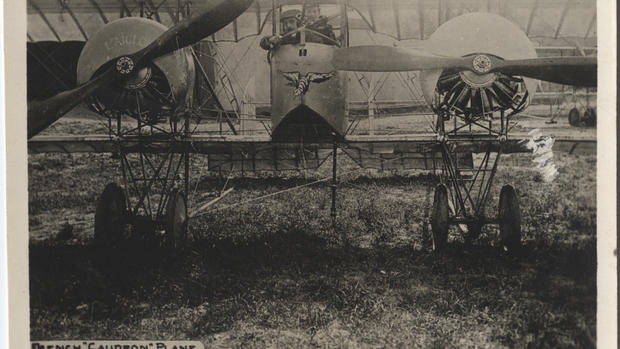America's forgotten heroes: World War I veterans
WASHINGTON -- A hundred years ago Wednesday, Austrian warships bombarded Belgrade. It was day three of what would be known as The Great War, The World War, and eventually World War I.
Nearly five million Americans would serve.
A century later, there is no national memorial in the nation's capital to honor their sacrifice.
It was supposed to be "the war to end all wars." Instead, in the cruelest of ironies, it began a century of bloodshed. But a hundred years on, few remember the "doughboys," Americans who died for their country.
"There's very little mention of the World War I veterans," says James Costello. His uncle, Private Vincent Costello, was the first District of Columbia employee killed in the war. Hundreds came to his funeral on the National Mall.
The family believes Vincent's image was the model for a small statue, titled "The Supreme Sacrifice," tucked under the stairs in a District of Columbia office building. They wish the 116,000 Americans killed in action, like Vincent Costello, were better remembered.
"There needs to be a beautiful place for people to understand the sacrifices made and the impact on families like ours," says Tom Costello, Vincent's great-nephew.
Immediately following the war, the nation did remember, placing thousands of plaques and monuments across the country. But decades later, many are in poor condition or overlooked.
Historian Mark Levitch is on a mission to document each one. "It is such an important part of our physical and cultural landscape. That that's what I really want to bring out, some of them are hiding in plain sight and I just want to make people look and take notice."
Hiding in plain sight, like the modest monument to Washington, D.C. veterans of World War I that is off on the side of the National Mall.
"It is tucked away. It's interesting. It is very close to the World War II memorial, very close to the Korean and Vietnam memorials, but it is very much forgotten but, in part, that's because it is in part a local memorial," says Levitch.
There is now a push for a national memorial to mark the sacrifice and the human disaster of what was known as "The Great War," but which turned out to be only the introduction to a century of carnage.


